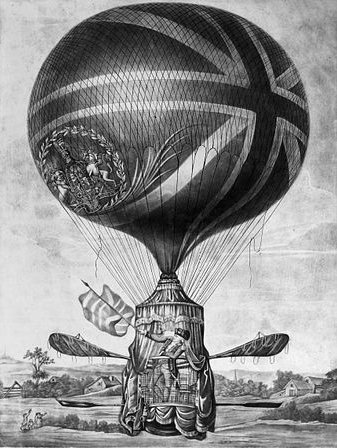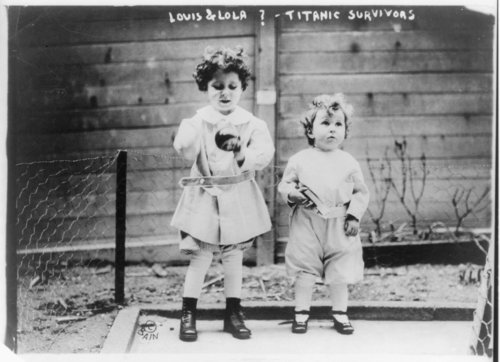A letter to the Spectator, Dec. 12, 1891:
I am not versed in dog-lore, and it may be that my love for the animal makes me an ill judge of the importance of the following story; but a friend vouches for its truth, and to my mind it has its importance, not from its display of jealousy, but from the dog’s deliberate acceptance of the undoubtedly changed condition, and the clearly metaphysical character of his motive.
The story is this. A young man had owned for some years a dog who was his constant companion. Recently the young man married, and moved with his bride and his dog into a house on the opposite side of the street from his father’s house, his own former home. The dog was not happy, for the time and attention which had formerly been his was now given to the young wife. In many ways he showed his unhappiness and displeasure, in spite of the fact that the master tried to reconcile him and the bride to win him. One day when the master came home, his wife sat on his knee, while Jack was lying by the fire. He rose from his place, came over to the couple, and expressed his disapproval. ‘Why, Jack,’ said the master, ‘this is all right, she’s a good girl,’ and as he spoke, he patted her arm. Jack looked up at him, turned away, and left the room. In a moment they heard a noise, and going into the hall, they found Jack dragging his bed downstairs. When he reached the front door, he whined to be let out, and when the door was opened, he dragged his bed down the steps, across the street to his old home, where he scratched for admittance. Since then he has never been back to his master, refusing all overtures.
Chas. Morris Addison





